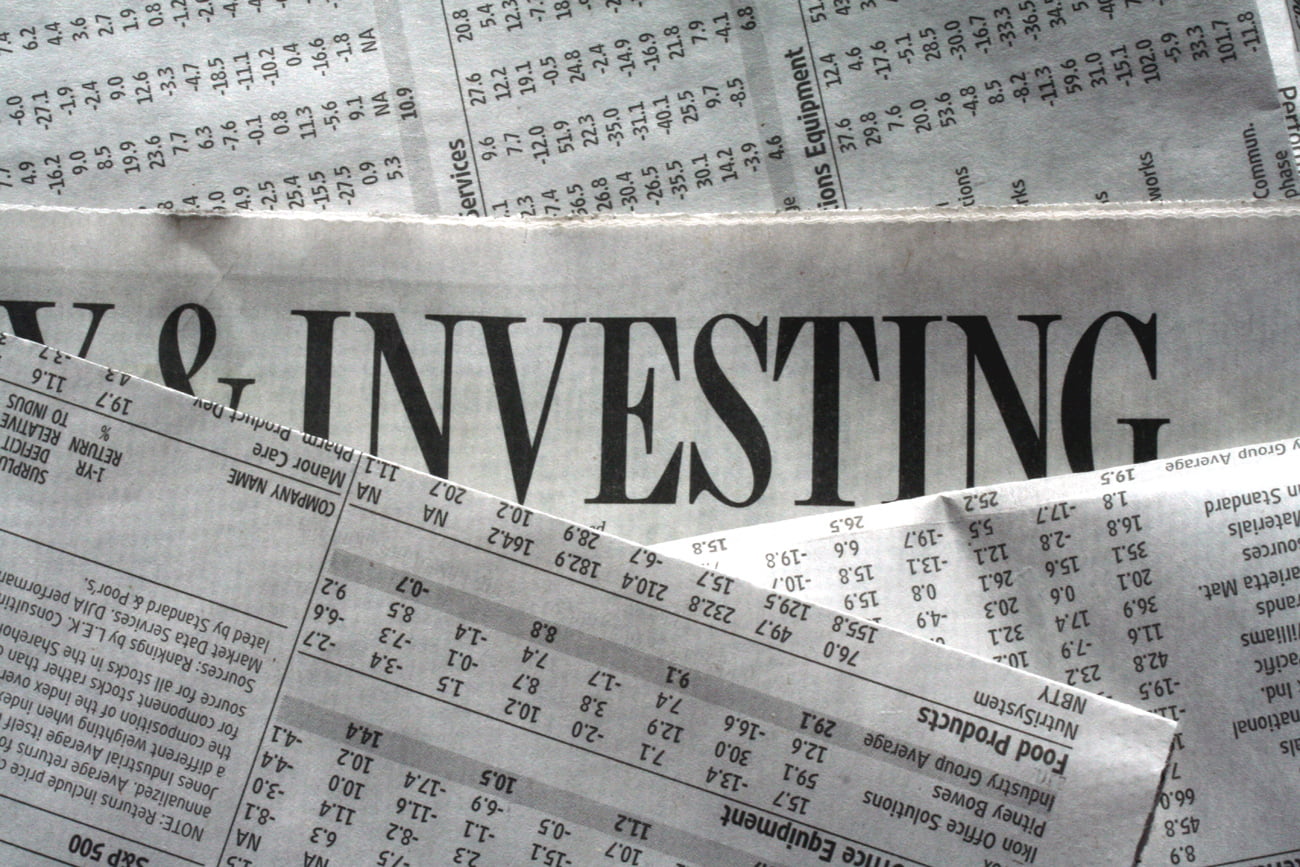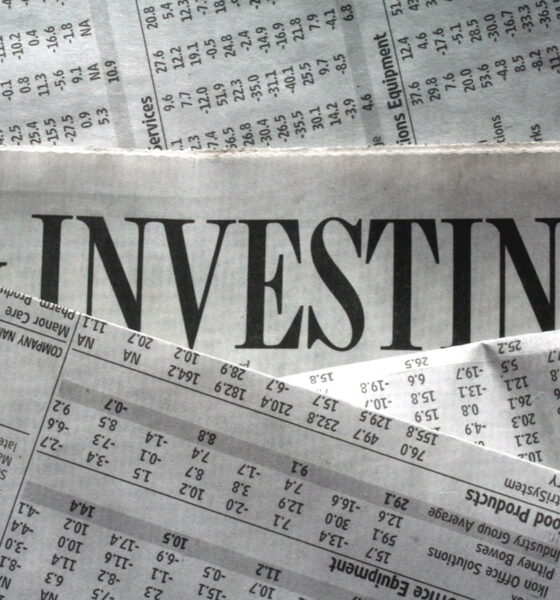

Features
Ethical investment, responsible investment, sustainable investment, impact investment: what’s in a name?
In our month-long run up to National Ethical Investment Week 2012 (October 14-20), Simon Leadbetter asks, what’s in a name?
Ever since the idea behind Blue & Green Tomorrow crystallised, there has been a heated debate on what we should call this style of investment. Investment-that-doesn’t-screw-everyone-and-the-future, just wasn’t catchy enough.
Naming things is very important, as T.S. Eliot will tell you.
By naming a thing, you define and scope it. People’s understanding and acceptance of that thing is either aided or hindered by a name. From nations, political parties, organisations and individuals, a name can either accelerate or obstruct the fulfilment of potential.
Blue & Green Tomorrow?
We settled on Blue & Green Tomorrow for a few reasons. Our planet is more blue than green and the green movement has always been too land-centric for our tastes. Douglas Adams’ description of earth as a ‘blue-green planet’ always resonated and we’re not sure we’d like to live on an entirely green one. Tomorrow was born of a desire to be future looking, without using ‘future’, and it has a nice rhythm as a word.
Anyway, what to call the investment sector we cover.
What kind of investment?
We settled on sustainable investment early on, after flirting with responsible investment and discounting ethical investment for reasons we’ll set out below. That said, there is some evidence that ‘sustainable’ is reaching unsustainable proportions, with term rapidly approaching fatigue, as everything, from education policy to policing strategies, becomes ‘sustainable’.
Sustainable has origins in the 17th century and originally meant “bearable“, from sustain + able. There is clear evidence that from 1845 it was used in the legal sense of “defensible“; and from 1965 with the meaning “capable of being continued at a certain level“. Sustainable growth is recorded from 1965.
Sustainability is defined by the World Bank as, “a requirement of our generation to manage the resource base such that the average quality of life that we ensure ourselves can potentially be shared by all future generations. […] Development is sustainable if it involves a non-decreasing average quality of life.”
Sustainable investment can therefore be defined as managing our investments such that the average quality of life that we ensure ourselves can potentially be shared by all future generations.
Responsible hails from the late 16th century meaning “answerable (to another, for something)“. It derives from the Latin responsus, the past participle of respondere: “to respond“. From 1836 it came to mean “morally accountable for one’s actions” and retains the sense of “obligation” in the Latin root word.
Responsible investment can therefore be defined as an approach that is answerable for the outcome of one’s investments.
Ethical is an early 17th century word meaning, “pertaining to morality“, literally from ethic + -al. In the late 14th century, ethik was the “study of morals“, derived from the old French etique. This came from late Latin ethica, which in turn derives from the ancient Greek ethike philosophia or “moral philosophy“, the feminine form of ethikos. The meaning we know today of “a person’s moral principles” is evidenced from the mid-17th century.
Ethical investment can thus be defined as investment that aligns with one’s moral principles.
The challenge of a moral or ethical framework for investment is that it relies on a commonly accepted version of morality or ethics. You just need to look at the various religious conflicts around the world to see that commonly understood and accepted morality is a non-starter.
On a local level, the Church of England’s bishops are far more hot under the collar about the role of women (equal, we humbly suggest) and the gender of who you love, than whether their Church holds a stake in a media business that has blighted lives, such as Mille Dowler’s parents and the Hillsborough victims.
Other terms that are bandied around are socially responsible investment, or SRI, which adds a social or human dimension to the responsible definition above. Impact investment focuses on the difference that can be made by investing. Green investment is focused on the environmental or ecological impact of investment. And clean investment removes any moral or ethical dimension, focusing on the energy efficiency and low pollution aspect of investment target activities.
It’s fair to say that the various names mean very different things. An investment that is ostensibly clean, the manufacture of weapons for example, can by unethical, certainly when they kill innocent people, as they almost do with a wearing inevitability.
An investment that is sustainable can strain the tolerance of ethical or responsible investors, such as some of the most prevalent forms of pleasure (smoking, drinking, gambling, etc.). Renewable energy sources such as dams, tidal barrages and wind farms draw these investments into conflict with green investors who see natural habitats under threat.
The terms are loose enough that they allow an enormous amount of wriggle room for those who want to fit their fund or portfolio under the sustainable, responsible or ethical banner.
Despite the risk of its overuse, we are sticking with sustainable. The melting of the ice caps is just the clearest and latest sign that the way we invest and consume has become unbearable for our planet. Whatever the morals or ethics of the current situation, it is plainly suicidal to continue to pollute the Earth in the way that we have and waste limited resources on the scale that we do.
A rose by any other name would smell as sweet, for as long as there are roses.





























